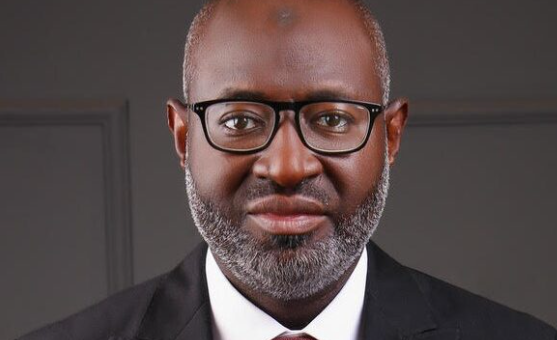By Olufidipe Toluwanimi

Swedfund, a Swedish development finance institution, has provided a $30 million loan to Access Bank, Nigeria’s largest bank by assets, to support the growth and development of small and medium-sized enterprises (SMEs) in Nigeria. This loan is part of a larger $295 million syndicated facility led by FMO, the Dutch development bank.
The West Africa Telecommunications Regulators Assembly (WATRA) is spearheading initiatives to facilitate infrastructure sharing among West African countries, aiming to reduce the cost of internet access for telecom subscribers across the region. During a recent virtual meeting with stakeholders, WATRA’s Executive Secretary, Mr. Aliyu Aboki, emphasized the potential for shared infrastructure, including gateways and data centers, to drive down costs.
Acknowledging the high cost of internet access in West Africa, Aboki highlighted the benefits of lower costs, including enhanced digital economies, increased data consumption, and subsequent revenue growth for telecom operators. He also identified the lack of interconnectivity as a significant factor contributing to high telecom costs, noting that content hosted in one African country often requires routing through Europe to reach another African country.
WATRA is working to address this issue by promoting interconnectivity among countries and supporting the development of data centers and submarine cables within the region. Additionally, the organization is collaborating with national regulators to enhance universal service policies and boost rural connectivity.
The growth of the digital economy in West Africa has been significant, with internet penetration, mobile connectivity, and a tech-savvy youth population contributing to an estimated $30 billion annual contribution to the region’s GDP. The West African telecommunications market is valued at $63.17 billion, with over 400 million mobile subscribers.
Established in 2002, WATRA plays a vital role in harmonizing regulatory frameworks and policies for telecommunications and ICT in the region, developing and implementing the West African Common Regulatory Framework for Telecommunications and ICT. The organization also coordinates and harmonizes national policies and regulations to ensure consistency and compatibility across member states.
